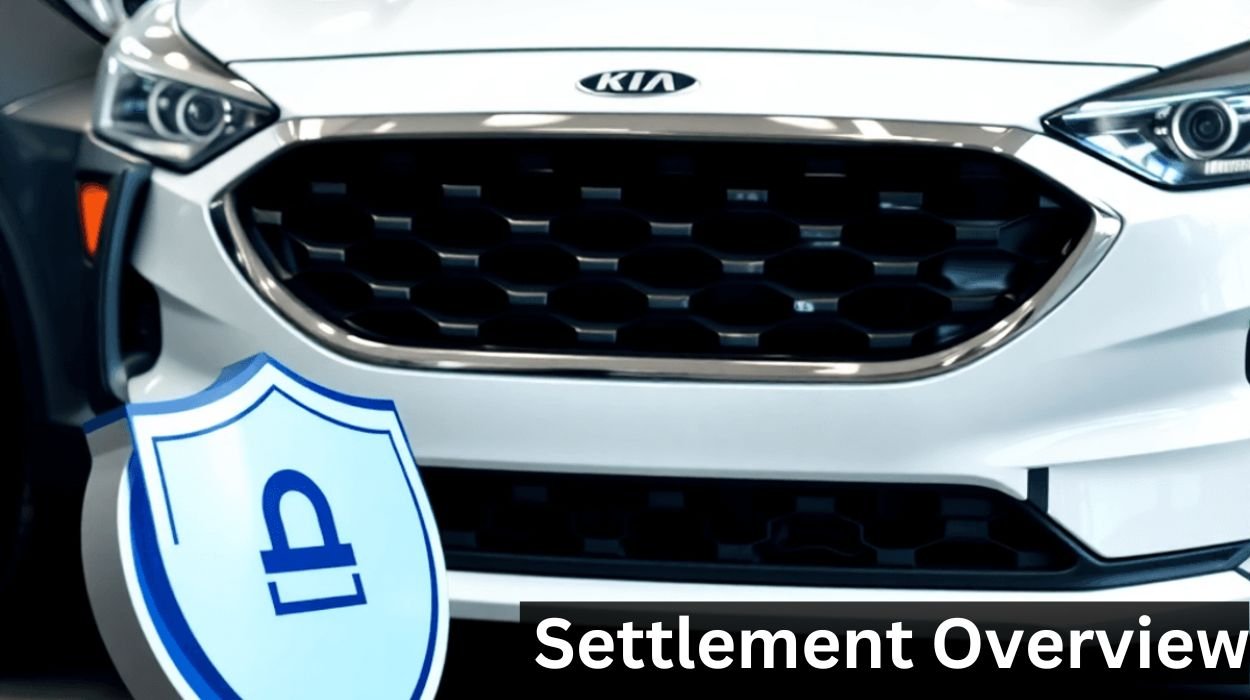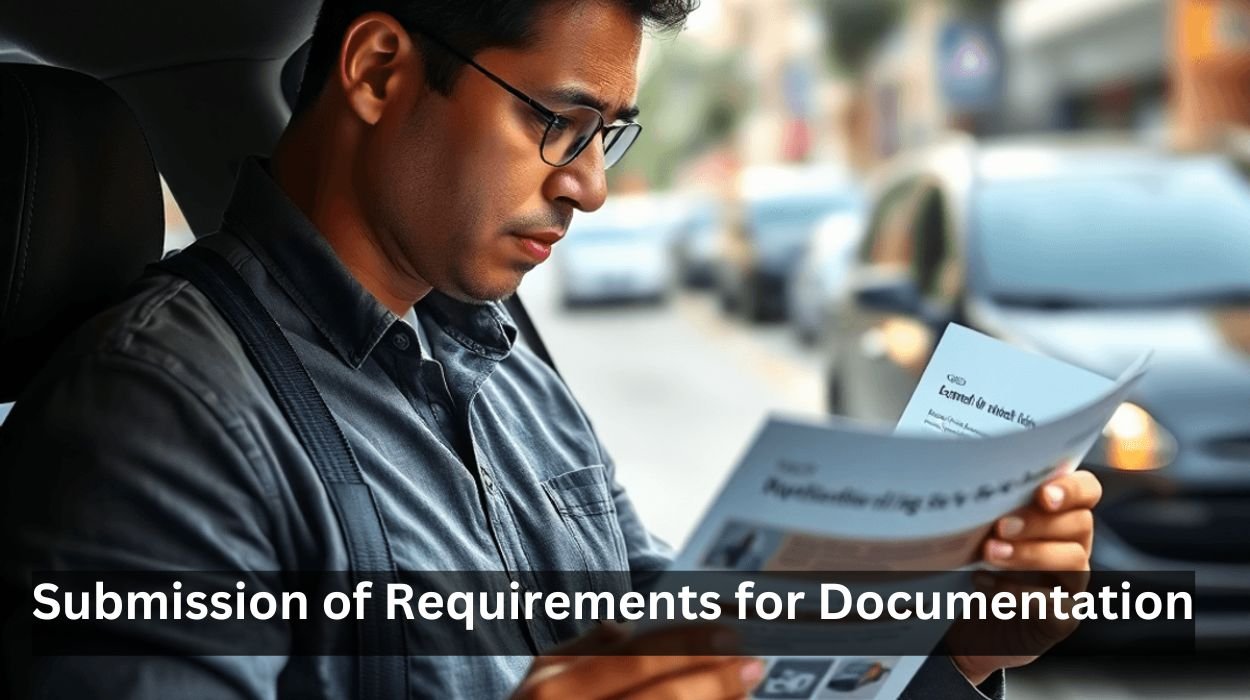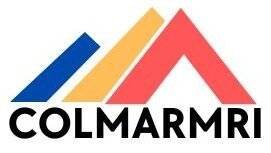Introduction
The Kia and Hyundai landmark class action suit has reached a watershed level in terms of redressing glaring vulnerabilities of vehicle theft affecting millions of car owners across the United States. The class action suit targeted specific models produced between 2011 and 2022 that did not contain the necessary anti-theft technology.
Key Settlement Benefits:
- Compensation for $3,375 per affected vehicle
- Free software upgradeable for eligible models
- Reimbursement of anti-theft devices
- Coverage for theft-related losses
This settlement is a major step toward security for Kia and Hyundai owners in terms of financial settlements and measures designed to prevent or lessen future thefts.
It will create the $145 million settlement fund, which will compensate and protect owners and reestablish public confidence in the vehicle brands.
Background of the Lawsuit
The Kia-Hyundai lawsuit was prompted by a significant security flaw: many models of vehicle lacked engine immobilizers. This critical anti-theft device, which is installed in most new cars, prevents engines from starting if any key other than the correct one is inserted into the ignition.
Affected Models:
- The affected models in this issue include;
- Kia cars produced from 2011 through to 2021
- Hyundai vehicles produced from 2015 to 2021
- Model which incorporates a traditional key ignition system
Theft Rates Rise
The security weakness largely became known through social media, and this largely increased theft rates. According to reports, theft of the vehicles has risen by:
- 356% in Chicago
- 503% in Milwaukee
- 264% in St. Louis
Lawsuit Filed
The Hagens Berman law firm filed a class action lawsuit in August 2022 as an early response to the growing crisis of theft. According to their investigation, by 2015, Kia and Hyundai had installed an engine immobilizer in only 26% of the models while other manufacturers already had it installed in 96% of the vehicles.
Impact on Vehicle Owners
The suit also highlights how the decision failed to ensure millions of vehicles remained safe from theft through simple USB cables. The vulnerability has brought significant losses to owners in terms of broken into vehicles, among other losses.
- Complete theft of vehicles
- Higher insurance premiums
- Costs of installing aftermarket security devices
Settlement Overview
The Kia-Hyundai class action lawsuit has led to a very significant relief fund in the tune of $145 million, meant to redress concerns by affected vehicle owners.

This settlement package does have different compensation options tailored to various situations and needs.
Key Settlement Benefits
Cash Reimbursement up to $3,375 per vehicle for documented losses related to theft
Software Upgrades: Free anti-theft system update for eligible vehicles which may include specific software to strengthen the securities.
Security Upgrades: Backing up to $300 for covered theft deterrent devices,
Eligibility Criteria
- Own or lease a 2011-2022 Hyundai or Kia, which does not have an engine immobilizer.
- Vehicle should be carrying a traditional key type ignition system.
- No prior experience in theft is required to qualify for benefits.
- Must be able to provide proof of ownership/lease
Reimbursement Process
- Reimbursement procedure for theft deterrent is as follows:
- Purchase approved security devices from authorized dealers
- Preserve original receipts and documents
- Upload the claims on the official settlement website
- Attach photographs of installed devices
- Uploading police reports for claims related to theft
Software Upgrades Program
The free software upgrade includes the following:
- Extended-length ignition key requirements based on exemption from vehicle theft prevention standards
- Enhanced security features
- Installation at authorised dealerships
- Scheduled appointments through a dedicated portal
Submission of Requirements for Documentation
To facilitate smooth claims processes, the following documents should be prepared:

- Original purchase receipts for security devices
- Documentation showing proof of vehicle ownership/registration
- Insurance claim records associated with theft incidents (if applicable)
- Photos taken of the installed security devices for evidence
- Police reports of the theft incidents
Claim process and the Payment schedule
Affected Kia and Hyundai car owners are processed through a formal timeline procedure. You will be mailed or emailed your eligibility notice by March 4, 2024. That notice will include your unique claim ID and comprehensive step-by-step instructions on how to file your claim.
You have three easy submission options:
- Online Portal: Submit through the settlement-specific website
- Email: Forward completed forms to the assigned claims administrator.
- Traditional Mail: Mailing physical paper-based documents to the settlement processing center
Required Documents:
- Proof of vehicle ownership
- Receipts for theft-related expenses
- Police reports (if applicable)
- Insurance claim paperwork
The settlement administrator reviews claims based on submission order. Missing or incorrect documentation can delay your claim processing. A confirmation email arrives within 5-7 business days after submission.
Payment Schedule and Appeals Process
The final date for the hearing for approval is July 15, 2024. At that hearing, the settlement is read before the court, objections are taken thereon, and payment distribution is timed if these following factors have been complied with:
- Final approval of the court
- Resolution of appeals, if any
- Verification of claims
Duration for computing payment distribution Expected Schedule of Payment:
The settlement administrator operates a hotline for claim status inquires. You may also monitor the status of your claim by visiting the online portal and using your claim ID.
Appeals:
Appeals Procedure. Class action settlement procedural guidance contains detailed information about the appeals procedure. Some key items include:
- 30 days from date of claim decision to file appeal
- Appeal must contain written statement
- Settlement administrator may require additional information
- Appeals review takes 45 to 60 days.
The settlement administrator processes payments through direct deposit or physical checks based on your selected preference during claim submission.
Impact on Affected Vehicle Owners
The settlement brings substantial financial relief to Kia and Hyundai owners affected by the theft vulnerability issue. You can receive up to $3,375 in compensation for documented losses, including:
- Insurance deductibles
- Increased insurance premiums
- Lost wages due to theft incidents
- Transportation costs during vehicle repairs
The lawsuit has pushed them to improve security measures for both manufacturers. The free software update now includes the following:
- Alarm sound duration is extended from 30 seconds to 1 minute
- Key fob startup on the car
- Improvements in ignition protection systems
These security enhancements have already begun to demonstrate positive results, as participating dealers report a dramatic reduction in attempts to steal vehicles equipped with such systems.
Other manufacturers have similarly followed their lead, including Dodge, which announced its own additional theft protection devices.
The settlement also protects the future through:
- Complimentary steering wheel locks
- Aftermarket security devices: The cost of installation for GPS tracking systems Reimbursement
- Window etching service
This should reduce residential car theft incidents as well. With the additional security features and financial benefits, the peace of mind returns to vehicle owners while their investment in Kia and Hyundai vehicles will be protected.
Conclusion
The Kia-Hyundai class action lawsuit should help protect consumers’ interests and deal with vehicle security issues.
Here’s what an affected car owner can do to defend his rights:
- Stay updated through enrollment on the official website for settlement notifications.
- Document every single incident of theft-related expenses and other experiences.
- Know your rights: Research all applicable software upgrades or reimbursements for your vehicle.
- Act Now: File your claims by deadlines; submission will ensure consideration
The settlement would not only bring immediate relief in the form of compensation but also serve as an impetus for auto manufacturers to design future vehicles with anti-theft technologies in mind. This is the first in a series of consumer protection precedents in the auto industry, where collective legal action has brought change to real-life issues.
FAQs:
What does the Kia-Hyundai class action lawsuit mean?
The Kia-Hyundai class action lawsuit concerns the theft of vehicles associated with specific models from 2011 to 2022, which do not have engine immobilizers, resulting in increased instances of theft. The law firm Hagens Berman filed the complaint in August 2022.
How much compensation can Kia and Hyundai owners who were victimized?
Affected owners of Kias and Hyundais will be eligible to receive up to $3375 per vehicle under a $145 million settlement allocated for relief.

